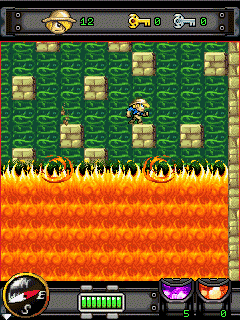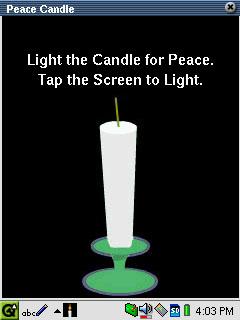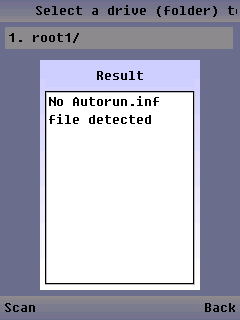Categories: Internet & Communications, WiFi & Bluetooth & IrDA
Recommended Apps for Java
-

X Ray Scanner Best 14 Jan 11
-

Diamond Rush 3 31 Jan 17
-

Peace Candle 10 Jun 11
-

super mario bros deluxe 31 Jan 17





